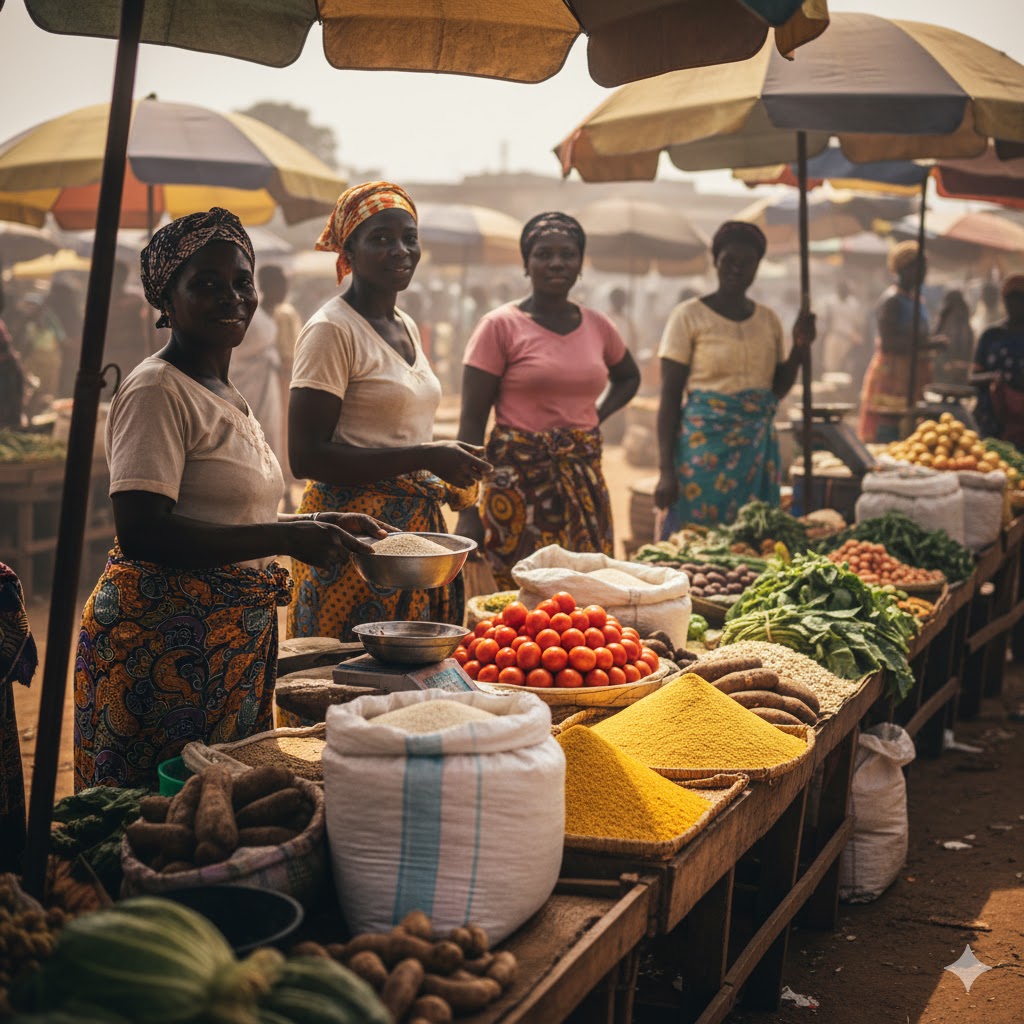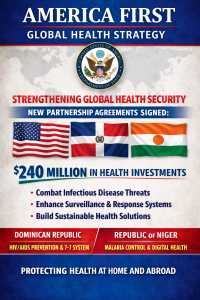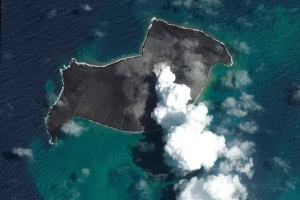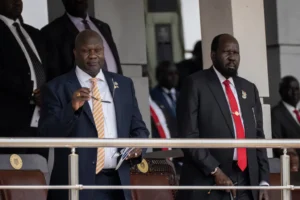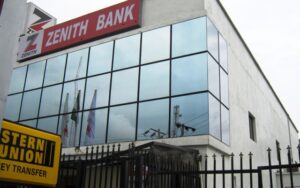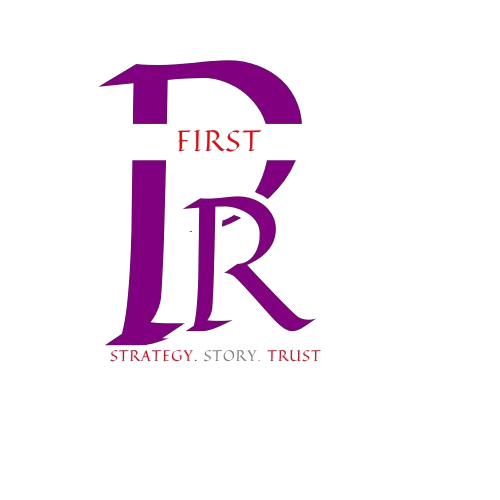Nigeria has made significant strides in stabilizing its economy through bold policy reforms, but living standards remain under pressure as food inflation and poverty continue to rise, according to the latest Nigeria Development Update (NDU) released by the World Bank on Wednesday.
The report commended the administration of President Bola Ahmed Tinubu for its “bold economic steps,” including the removal of the long-standing fuel subsidy, the unification of exchange rates, and key tax reforms that have helped strengthen Nigeria’s fiscal and external position.
“The Nigerian government has taken bold steps to stabilize the economy, and these efforts are beginning to yield results,” said Mathew Verghis, World Bank Country Director for Nigeria. “The true measure of success will be how these reforms improve the daily lives of Nigerians—especially the poor and vulnerable.”
Economic Progress: Growth, Reserves, and Fiscal Stability
The World Bank noted that Nigeria’s economy expanded by 3.9% year-on-year in the first half of 2025, compared to 3.5% in the same period of 2024.
Growth was driven by strong performances in services, non-oil industries, and a rebound in oil production and agriculture.
Foreign reserves rose above $42 billion, while the current account surplus widened to 6.1% of GDP, supported by higher non-oil exports and reduced oil imports.
Despite weaker global oil prices, Nigeria’s fiscal deficit is projected to remain steady at 2.6% of GDP, and public debt is expected to decline for the first time in over a decade—from 42.9% in 2024 to 39.8% in 2025.
Persistent Hardship: 139 Million Nigerians in Poverty
Despite the encouraging macroeconomic indicators, the World Bank warned that economic gains have yet to translate into improved living conditions for most citizens.
The report estimates that 139 million Nigerians—nearly two-thirds of the population—still live in poverty, with the cost of a basic food basket rising fivefold since 2019.
Poor households, the report noted, spend up to 70% of their income on food, leaving little room for other essential needs.
“The challenge is clear: how to translate the gains from reforms into better living standards for all,” Verghis emphasized.
Reform Priorities: Tackling Food Inflation and Expanding Safety Nets
The World Bank recommended urgent government action in three key areas:
Removing trade barriers and addressing supply chain bottlenecks to curb food inflation.
Improving fiscal transparency and aligning public spending with development goals.
Expanding social protection through regular, locally funded cash transfers and crisis-responsive safety nets.
Presidency Disputes World Bank Poverty Estimate
The Nigerian Presidency has pushed back against the World Bank’s poverty assessment, describing the 139 million figure as “unrealistic” and detached from local realities.
President Tinubu’s Special Adviser on Media and Public Communication, Sunday Dare, argued that the figure was derived from the global poverty line of $2.15 per person per day, set in 2017 using Purchasing Power Parity (PPP)—a model that may not accurately reflect Nigeria’s economic structure or cost of living.
“While Nigeria values its partnership with the World Bank, the figure quoted must be properly contextualized. It is unrealistic,” Dare said via his official X (formerly Twitter) handle.
The Presidency further explained that when converted to nominal terms, the global poverty line translates to about ₦100,000 per month—a figure above Nigeria’s new minimum wage of ₦70,000.
It stressed that the model relies on historical consumption data (from the 2018/19 household survey) and often overlooks Nigeria’s informal and subsistence economy, which sustains millions.
“Poverty assessment under PPP methodology is an analytical construct, not a direct reflection of current realities. What truly matters is Nigeria’s trajectory—and it is now one of recovery and inclusive reform,” the statement added.
The Bigger Picture
While the debate over poverty metrics continues, both the World Bank and the Nigerian government agree on one point: the need to ensure that macroeconomic stability translates into tangible benefits for ordinary Nigerians.
As Africa’s largest economy seeks to consolidate reform gains, the success of Tinubu’s policies will ultimately be measured not just in GDP growth—but in how many Nigerians can afford a dignified life.

